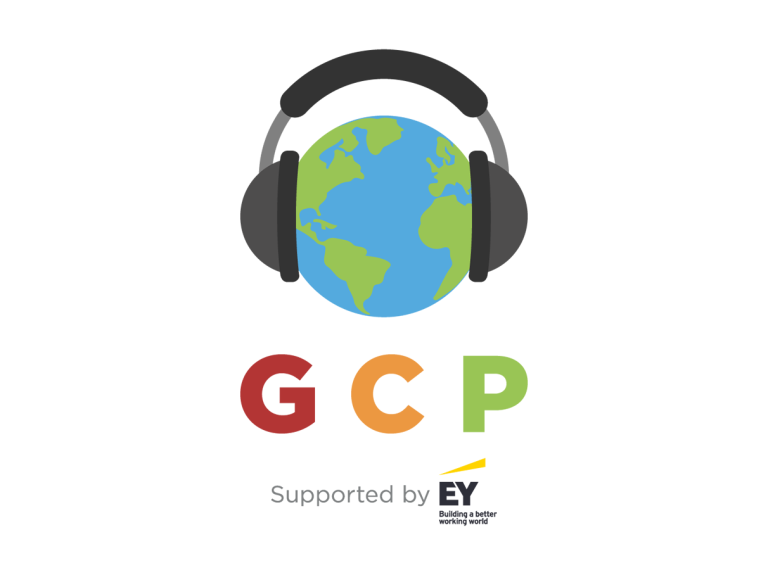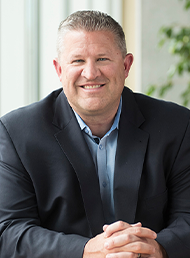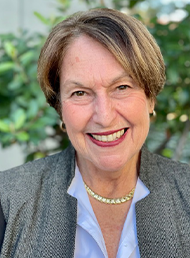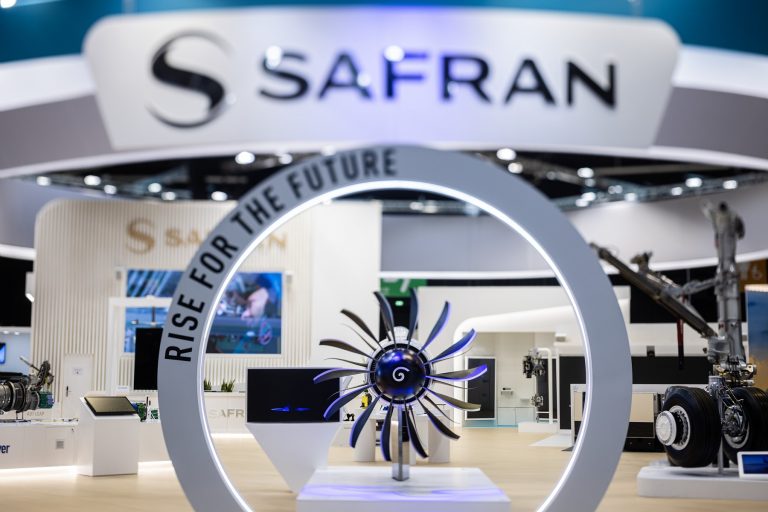It has been announced by the Bermuda Captive Network that WTW’s Leslie Robison has passed away.
The Network said that Robinson was a beloved member of the community and a true champion for the Bermuda captive industry.
“Robinson was a tireless advocate, a former Bermuda captive conference chair, and a proud ambassador for our jurisdiction,” the Bermuda Captive Network said.
“Her influence and dedication extended well beyond her role, and her unexpected passing leaves a deep and profound sense of loss that is felt across the industry, by her colleagues, and all those fortunate enough to know her.”
Grainne Richmond, executive vice president, head of captives at Aon and president of the Bermuda Captive Network, said Leslie’s unwavering commitment to Bermuda’s captive industry and her passionate advocacy set a standard of excellence and integrity that will be sorely missed.
“Her contributions were instrumental in shaping our organization and advancing Bermuda’s position as a leading captive insurance jurisdiction,” she said.
“Her dedication, professionalism, and warmth were immeasurable and felt by all who worked with her in Bermuda and overseas.”
The premier of Bermuda, Hon. David Burt, JP, MP said this is an unimaginable tragedy which has shocked so many of to the very core.
“Bermuda has lost an eminently qualified professional woman who had chosen public service in addition to a busy career in the private sector,” he said.
“Leslie answered the call to serve without hesitation, and this exemplified her selfless nature and commitment to this community.
“It is heartbreaking to now mourn her loss, and I express sincere condolences to her family at this truly difficult time,” Burt added.










